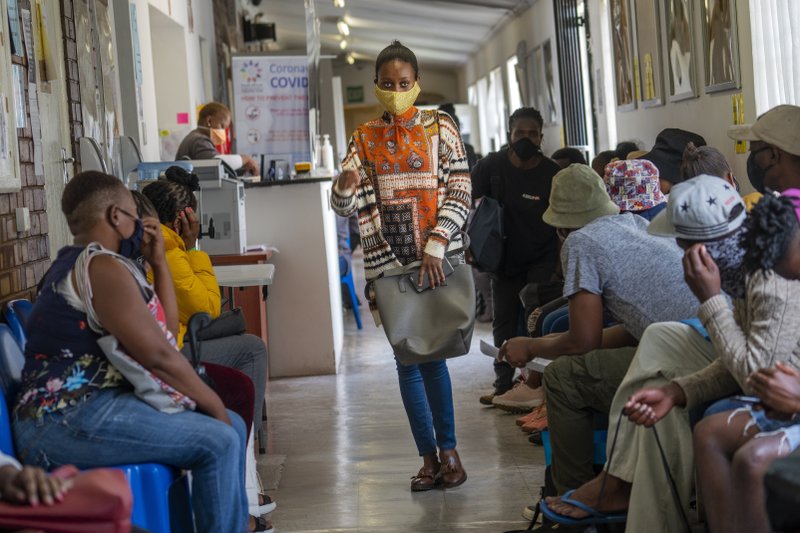There are no products in your shopping cart.
| 0 Items | £0.00 |


SOUTH Africa has stopped administering the AstraZeneca coronavirus vaccine after doubts were raised about the efficacy of the jab against its local strain of the virus and has sold off 1m doses of its remaining consignment to 14 other African nations.
Last month, South Africa suspended its vaccination programme which had started with AstraZeneca jabs, after doubts were raised over that vaccine’s efficacy against a local variant of Covid-19. Now, Pretoria has abandoned the programme altogether, planning to sell the entire remainder of its AstraZeneca stock to the African Union (AU).
Zweli Mkhize, South Africa's health minister, said: “The first batch of vaccines that is being delivered will benefit nine AU member states. The balance will be collected this week to be delivered to five other countries.”
South Africa began vaccinating its 59m people in early February with doses of the AstraZeneca vaccine produced in India. President Cyril Ramaphosa was on the airport tarmac to receive the first shipment but a study by the Witwatersrand University in Johannesburg pointed to a limited efficacy of the AstraZeneca jab against the South African variant of Covid-19.
As a result, the government then suspended its vaccine rollout programme. Recent polls show a plunge in Europeans’ trust in AstraZeneca jab despite World Health Organisation experts giving it the all-clear, saying it can be used in all countries and against all variants.
So far, the AU has acquired 270m vaccine doses and has declared that it is quite happy to distribute the AstraZeneca version. South Africa has registered 1.5m coronavirus cases including 52,000 fatalities.
However, recently the number of new cases in South Africa has dropped significantly and last month President Ramaphosa announced that the second wave of the virus had passed. South Africa has now ordered vaccine doses from Johnson & Johnson and Pfizer and hopes to immunise two-thirds of the population, although so far, only 183.000 doses have been administered.